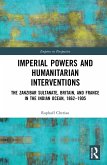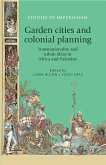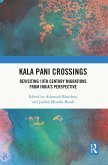E. A. Freeman (1823-92) was Regius Professor of Modern History at Oxford and an outspoken commentator on current affairs. When Freeman is remembered today, it is as the author of the six-volume History of the Norman Conquest (1867-79), celebrations of English progress, and extreme racial views. Revisiting Freeman and drawing on previously unpublished materials, this study analyses his historical texts in relationship to the scholarly practices and intellectual preoccupations of their time. Most importantly, it draws out Thomas Arnold's influence on Freeman's understanding of history as a cyclical process in which the present collapsed into the past and vice versa. While Freeman repeatedly insisted on the superiority of the so-called 'Aryans', a deeper reading shows that he defined race in terms of culture rather than biology and articulated anxieties about decline and recapitulation. Contrasting Freeman's volumes on Western and Eastern history, this book foregrounds religion as the central category in Freeman's scheme of universal history. Ultimately, he conceived world-historical development as a battleground between Euro-Christendom and the Judeo-Islamic Orient and feared that the contemporary expansion of the British Empire and contact with the East would prove disastrous. This study of Freeman's Norman Conquest alongside lesser-known works such as The History and Conquests of the Saracens (1856) and The Ottoman Power in Europe (1877) in the wider context of history, Islam, and empire will be stimulating to intellectual historians and those with a more general interest in Victorian culture and politics.








